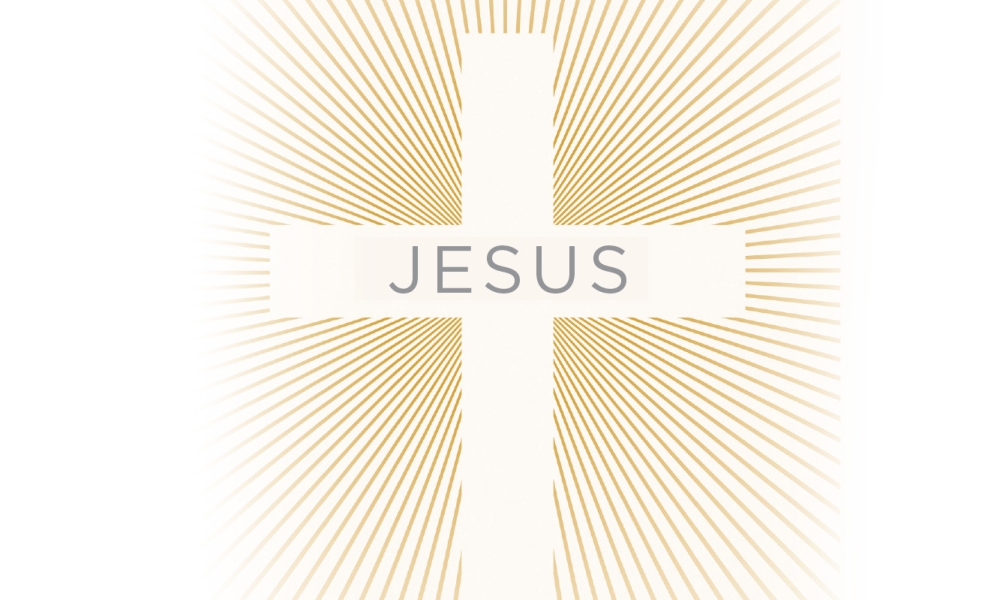
The single word spoken by St. Joseph
This month we celebrate the Solemnity of St. Joseph, and one of the most outstanding and applauded attributes of this saint is his silence. None of the Gospels contains a single bit of dialogue spoken by him.
This month we celebrate the Solemnity of St. Joseph, and one of the most outstanding and applauded attributes of this saint is his silence. None of the Gospels contains a single bit of dialogue spoken by him.
Why is silence an attribute? An old adage says that a single fact is worth a thousand words. St. Joseph was and is a man who set a perfect example of this truth. His actions were the demonstrations of his faith, and his surrender to God was the example rather than any speech. Joseph was the great model of St. James’ exhortation to us: “Indeed someone may say, ‘You have faith and I have works.’ Demonstrate your faith to me without works, and I will demonstrate my faith to you from my works” (Jm 2:18).
However, in an indirect way, there is a record of a word Joseph spoke. At the end of the first chapter of the Gospel of Matthew during the infancy narrative we read: “… and he named him Jesus” (1:25). Here we can infer that it was precisely his earthly father who pronounced it and said the name above all others, “Jesus.”
But what does the name of Jesus mean? What does it contain? In the Catechism of the Catholic Church, we find that “Jesus means in Hebrew: ‘God saves’” (430), and “The word ‘Christ’ comes from the Greek translation of the Hebrew Messiah, which means ‘anointed’” (436). So, Jesus Christ is the Messiah, the anointed one, the God who saves. We see that his identity and mission are expressed in his name, because he is the only one who can free us from the eternal prison that sin has wrought. St. Peter affirms, “There is no salvation through anyone else, nor is there any other name under heaven given to the human race by which we are to be saved” (Acts 4:12).
This meaning — God saves — is closely linked to humanity’s deepest longing: human beings have an existential awareness, one that even non-believers experience, of the need for transcendence, for salvation. Our inability to be self-sufficient and the experience of our own powerlessness reveal to us this need. And the answer to that need is “Jesus.” The only word ever recorded, even if indirectly, that St. Joseph said is the answer that the human heart has been waiting for — since it lost its innocence and knew sickness and death — God saves us. The name Jesus means that God has heard our plea and is coming to rescue us for good.
Joseph was the human being most similar to God the Father because he was chosen as the father figure for the home at Nazareth. If we want to draw closer to the figure of the God the Father, let us ask St. Joseph to take us by the hand and teach us the identity of God. He is the human who first spoke Jesus’ name to mankind, who introduced him and Mary in the temple, who carried him on his shoulders as a child, who protected him from Herod’s murderous hands, who taught him how to work.
The example St. Joseph gives us is of a living faith that knows in-depth the identity of God and shares it. Joseph’s faith was lived in silence, nourished by works and sustained by example so that we may know and experience Jesus first-hand, the promise of the Father, the long-awaited Messiah, our true salvation.
Let us ask St. Joseph to teach us to glorify the name of Jesus, to show us the true identity of the Father and to open our souls to the work that the Holy Spirit wants to do in our lives. In short, let him make us temples of the holy Trinity as he also was.
Cristina Umaña Sullivan is a cultural sociologist who has been dedicated to evangelization for more than 10 years with a specialty in Theology of the Body and identity creation from a Christian perspective. Email her at fitnessemotional@gmail.com.
